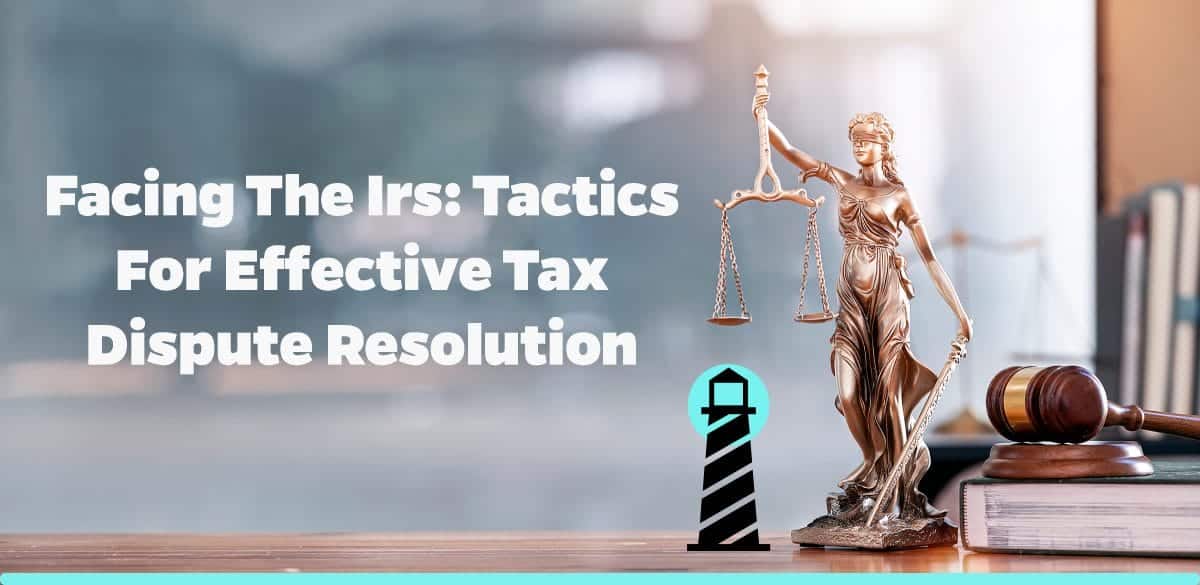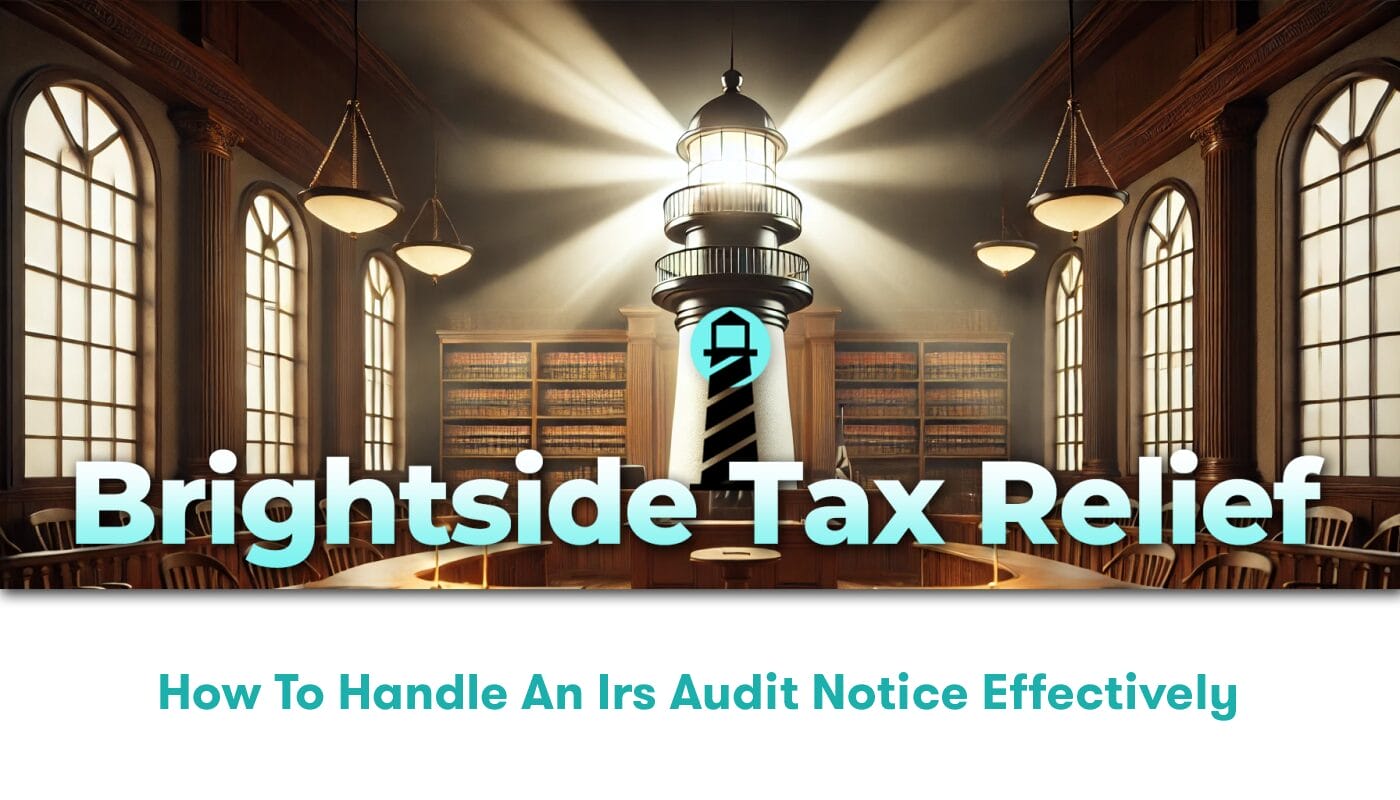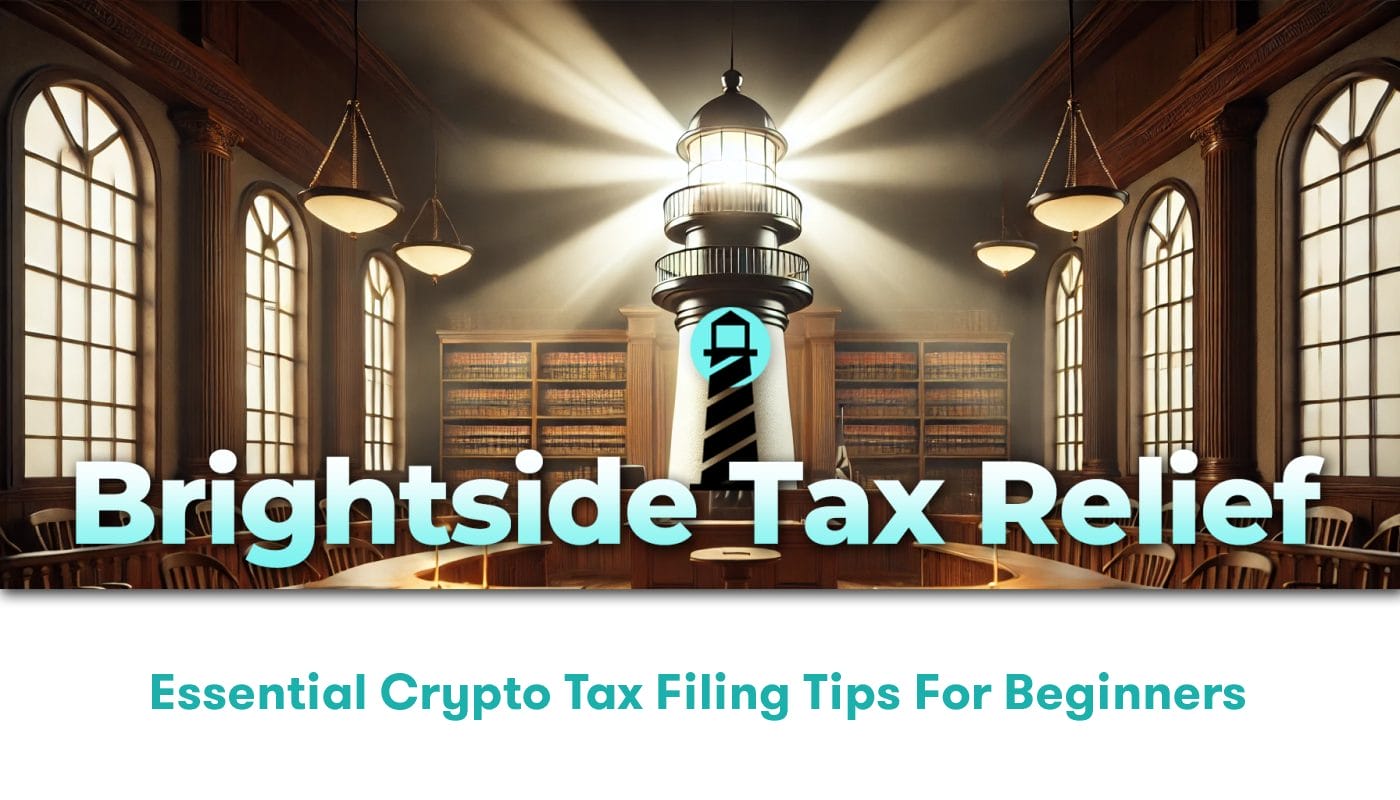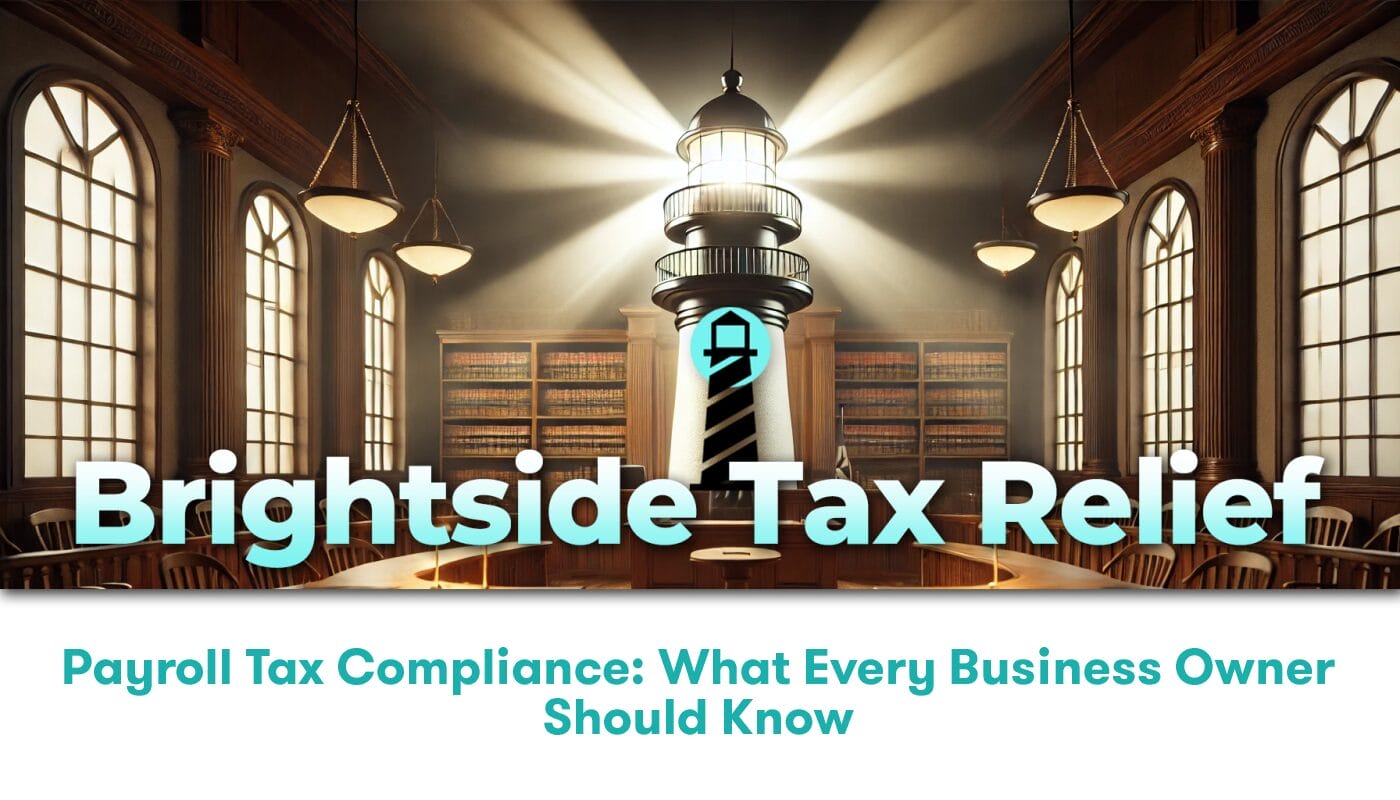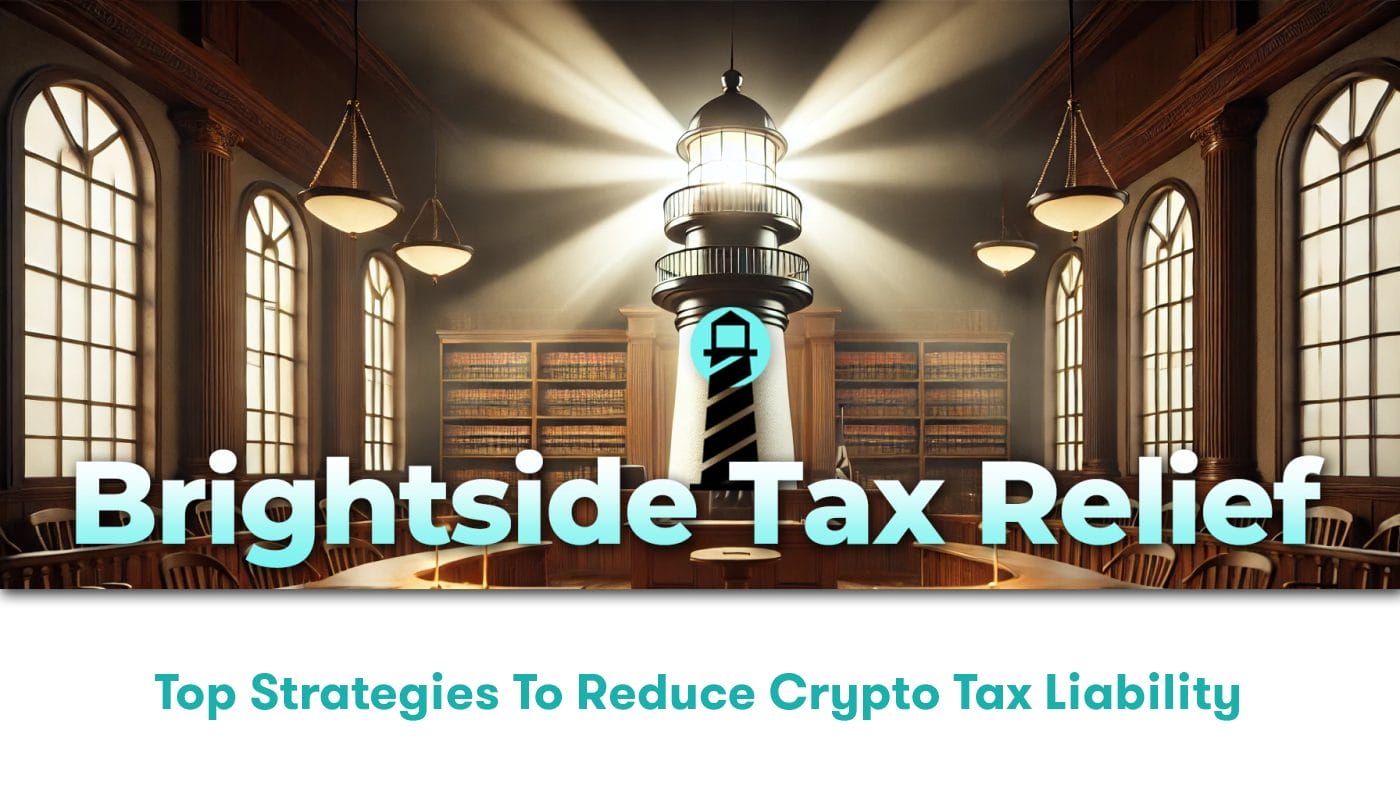Facing the IRS: Gain the Upper Hand with Effective Tactics for Tax Dispute Resolution
Paying taxes is an inescapable fact of life. However, disagreements related to taxes can sometimes trigger disputes with the mighty and sometimes menacing IRS. However, there is no need for panic, as there are numerous safe and tried avenues available for IRS dispute resolution. Navigating these rocky terrains should not be done alone; services like those provided by Brightside Tax Relief, a nationwide tax relief company, can help guide you through the maze of IRS dispute resolution.
An Overview of IRS Dispute Resolution
The IRS is accommodative of taxpayers who find themselves at odds with the agency’s tax determinations. The agency provides IRS dispute resolution avenues for taxpayers to voice their concerns and work towards a mutually agreeable solution. These pathways include audits, appeals, installment agreements, offers in compromise, and litigation in tax court.
Navigating Tax Audits
A tax audit essentially involves the IRS taking a closer look at your tax records to verify that income and deductions have been accurately reported. When faced with an IRS audit, it might be overwhelming, but with a trusted ally like Brightside Tax Relief by your side, anxiety can be avoided.
Here are several key pointers to help find the most beneficial resolution when facing a tax audit:
- Full cooperation with the audit process;
- Honesty with all shared figures and facts;
- Organization of all relevant financial records for easy accessibility; and,
- Enlisting the services of a tax professional.
Efficiently Handling Tax Appeals
Appeals are an independent division of the IRS tasked with resolving tax disputes through a process that is fair and impartial to both the taxpayer and the government. Essentially, it is the next step if a tax dispute has not been resolved to the taxpayer’s satisfaction at the audit level.
Crucial tips for efficient handling of tax appeals include:
- Evaluating the issues at hand;
- Peering into relevant law and facts;
- Presenting the facts clearly and concisely; and,
- Being open to potential settlement opportunities.
Understanding Installment Agreements and Offers in Compromise
When taxpayers can’t afford a lump sum payment for their outstanding tax debt, one of the IRS dispute resolution methods available is the installment agreement. This allows taxpayers to pay their debt over time, with monthly installments.
On the other hand, there is the option of an offer in compromise. This allows taxpayers to settle their tax debt for less than the full amount they owe if they can prove with conviction that paying the full amount would result in financial hardship.
Taking the Battle to Tax Court
If all else fails, a taxpayer can choose to take the matter to Tax Court. It is an extreme measure and requires professional advice, like what Brightside Tax Relief offers, to navigate effectively. Tax Court is the last resort in the IRS dispute resolution arsenal and should be explored mainly when all negotiation avenues have been exhausted.
Engaging a Tax Resolution Firm like Brightside Tax Relief
Navigating the IRS dispute resolution process can be done alone, but having a seasoned professional in your corner can make all the difference. Brightside Tax Relief’s experts have a wealth of experience solving a wide range of federal tax issues, and they will help you pursue the best possible outcome of your case.
Wrap Up
Facing the IRS doesn’t have to be a nerve-wracking experience. Understanding your options and choosing the proper mode of action is instrumental in successful tax dispute resolution. Recognize that you hold the right to question the IRS’s findings and decisions, and remember, Brightside Tax Relief is at your side to address your concerns and offer expert advice.
Consider visiting the IRS site for detailed information on IRS dispute resolution: IRS Dispute Resolution .
When dealing with the IRS, never feel helpless or lose hope. With effective strategies in hand and appropriate support, you can navigate through any tax-related dispute with the IRS.

